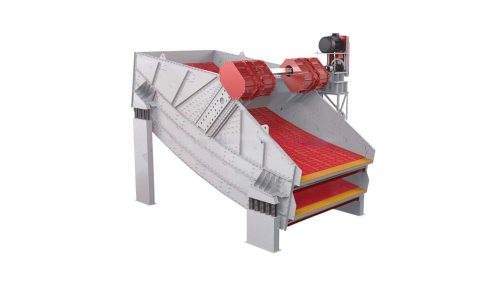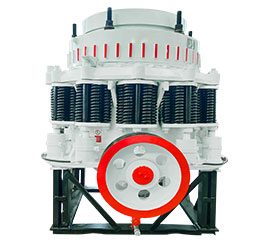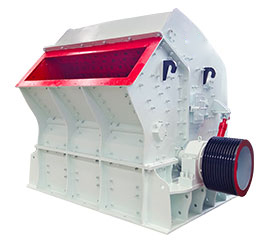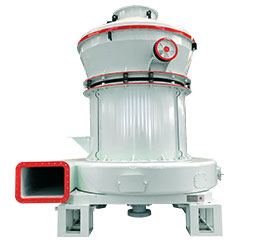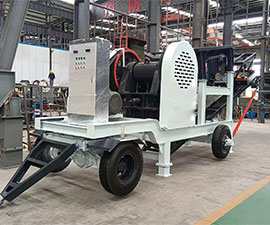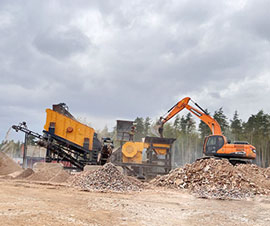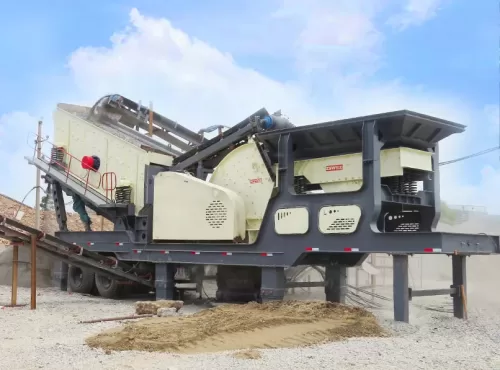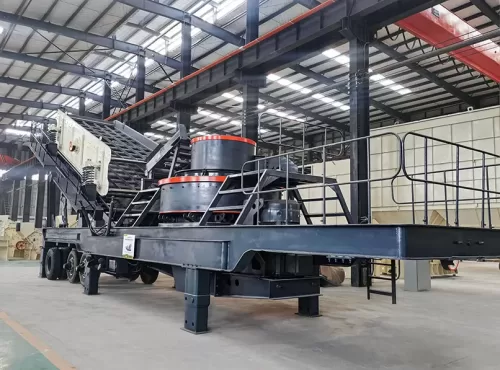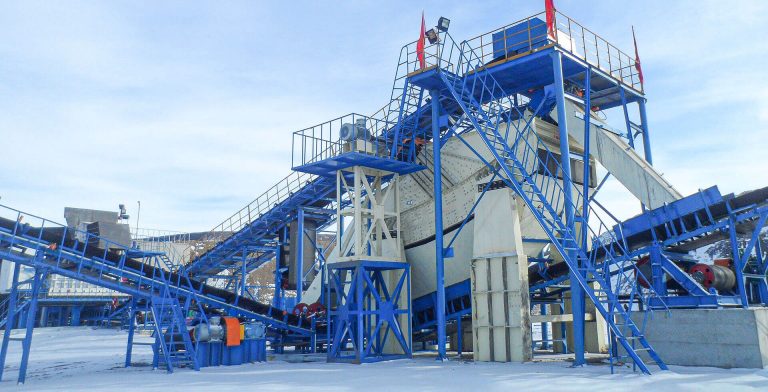Introduction: Stone crushing is a crucial process in various industries, including construction, mining, and landscaping. However, it can also be a hazardous operation if not conducted properly. In this blog post, we will discuss the best practices for stone crushing to ensure both safety and efficiency in your operations.
- Conduct a Site Assessment: Before starting any stone crushing operation, it’s essential to conduct a thorough site assessment. Identify potential hazards, such as uneven terrain, overhead power lines, and nearby structures. Ensure that the site is clear of any obstacles that could interfere with the operation of the equipment.
- Ensure Proper Training: Proper training is key to safely operating stone crushing equipment. Ensure that all operators are trained in the safe use of the equipment and are aware of the potential hazards associated with stone crushing. Provide regular refresher training to keep operators up-to-date on best practices.
- Use Personal Protective Equipment (PPE): Personal protective equipment, such as hard hats, safety glasses, and ear protection, should be worn at all times during stone crushing operations. Ensure that all operators have access to the necessary PPE and are using it correctly.
- Maintain Equipment Regularly: Regular maintenance is essential for keeping stone crushing equipment in optimal condition. Follow the manufacturer’s maintenance schedule and inspect equipment regularly for signs of wear or damage. Replace any worn or damaged parts promptly to prevent equipment failure.
- Control Dust Emissions: Dust emissions are a common issue in stone crushing operations and can pose serious health risks to workers. Use water sprays or dust suppression systems to control dust emissions and ensure that all workers are wearing respiratory protection when necessary.
- Monitor Noise Levels: Stone crushing equipment can generate high levels of noise, which can be harmful to workers’ hearing. Monitor noise levels regularly and take steps to reduce noise, such as installing sound barriers or using quieter equipment.
- Follow Environmental Regulations: Stone crushing operations can have a significant impact on the environment, so it’s important to follow all relevant environmental regulations. Obtain any necessary permits and implement measures to minimize environmental impact, such as controlling dust emissions and managing wastewater.
- Provide Adequate Ventilation: Adequate ventilation is essential for maintaining a safe and healthy work environment during stone crushing operations. Ensure that all work areas are properly ventilated to reduce the risk of exposure to harmful gases or dust.
Conclusion: By following these best practices for stone crushing, you can ensure the safety of your workers and maximize the efficiency of your operations. Remember to conduct regular safety inspections, provide adequate training, and adhere to environmental regulations to create a safe and sustainable work environment.


